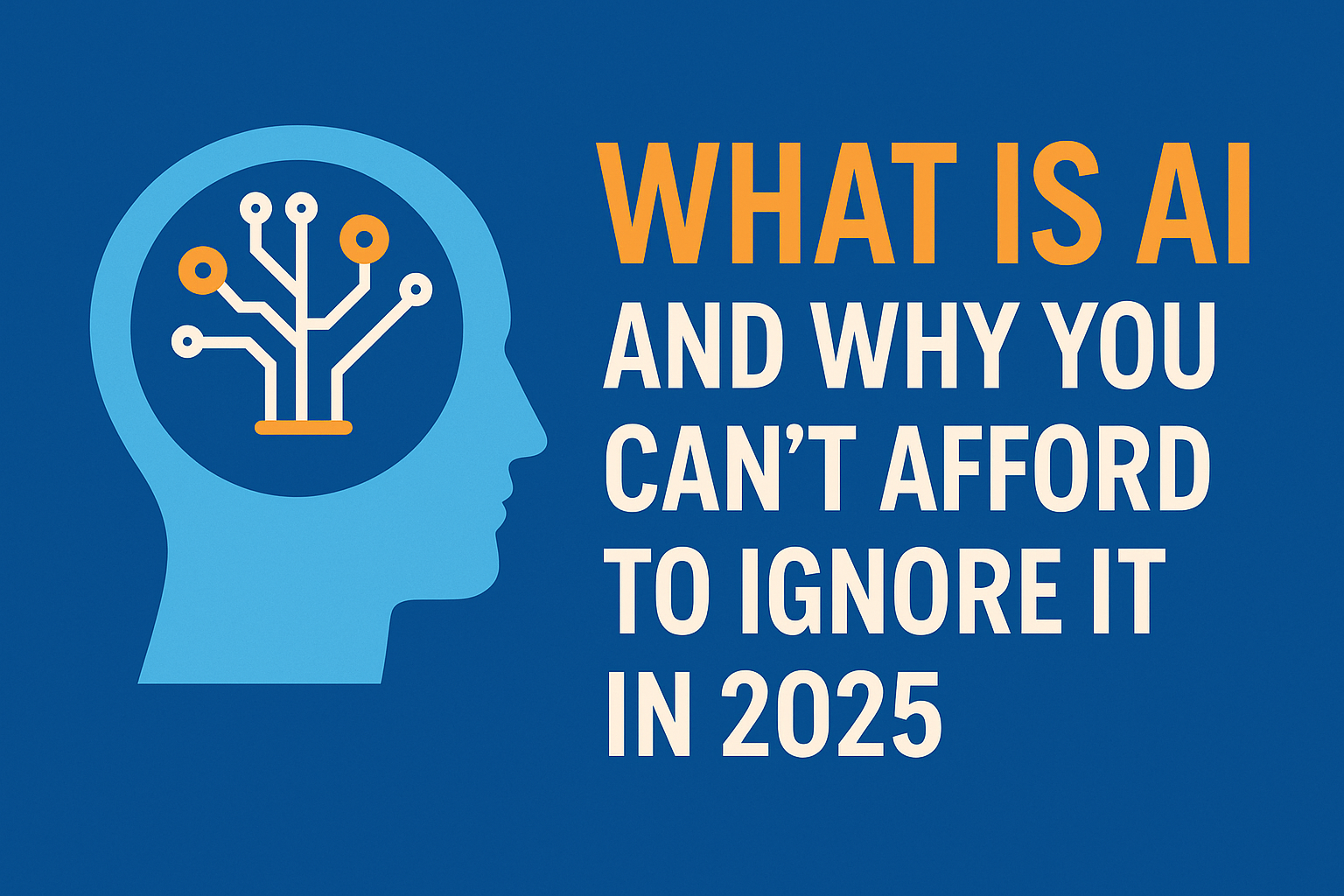
✅ Why Credit Matters
Credit impacts more than just your ability to get a credit card or loan. It affects:
Your ability to buy a home or car
Interest rates on loans (good credit = lower rates)
Your eligibility for rental properties
Even job applications in some industries
A strong credit score can literally save you thousands of dollars over time.
🧠 Understanding the Credit Score Breakdown
Most credit scores are based on the FICO model (300–850 range) and consider:
Payment History (35%) – Pay on time. One late payment can drop your score.
Amounts Owed (30%) – Keep credit utilization under 30%.
Length of Credit History (15%) – The older your accounts, the better.
New Credit (10%) – Too many new inquiries can hurt your score.
Credit Mix (10%) – A variety of account types (loans, credit cards) is good.
🛠 How to Build Credit from Scratch
If you're starting from zero:
Open a secured credit card – You deposit cash as collateral, and it becomes your credit line.
Become an authorized user – Get added to a trusted friend or family member’s credit card.
Use a credit-builder loan – Some banks and credit unions offer these specifically to help people build credit.
Pay utilities and rent on time – Use services like Experian Boost to get credit for these payments.
⚠️ Common Credit Mistakes to Avoid
Missing payments – Even one 30-day late payment can tank your score.
Maxing out cards – Aim to use less than 30% of your credit limit.
Closing old accounts – This can shorten your credit history and hurt your score.
Applying for too many cards – Each inquiry lowers your score slightly.
💡 Pro Tips for Smart Credit Use
Set up auto-pay to avoid missed payments
Check your credit report for errors at AnnualCreditReport.com
Dispute inaccuracies—even small ones can affect your score
Increase your limit strategically to lower utilization without spending more
📈 How to Use Credit to Your Advantage
Good credit isn’t just about borrowing money—it’s a tool for:
Financing real estate
Starting a business
Leveraging 0% APR offers to grow cash flow
Negotiating better terms on big purchases
🔁 Final Thoughts
Your credit profile is like a financial reputation. Building it wisely means you gain access to powerful opportunities while shielding yourself from high interest and stress. Start small, stay consistent, and let your credit become one of your smartest money tools.
Recent posts


Blockchain Trends 2025: What’s ...
31 Mar 2025
Blockchain in the Headlines: What’s ...
31 Mar 2025
🔶 Generational Wealth: How to Make ...
6 May 2025




